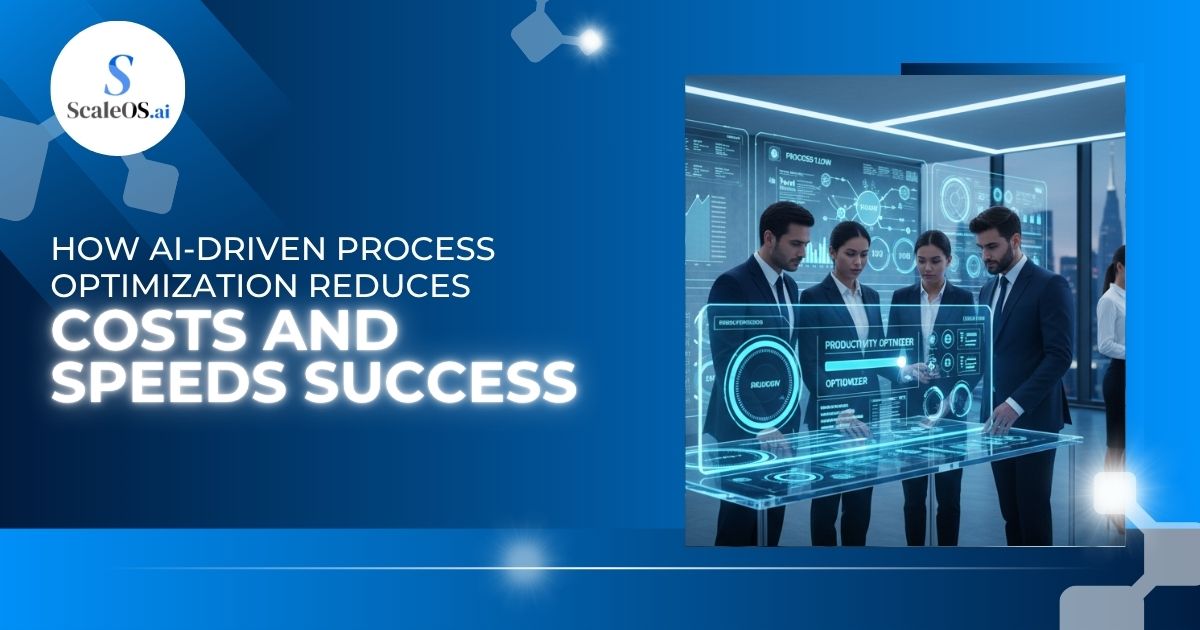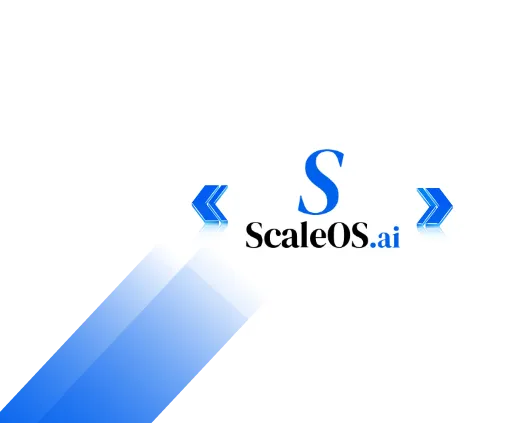
Role of AI in Digital Transformation for Modern Businesses
Change is constant in business. New tools appear constantly. Customer expectations shift quickly. Navigating this shift is digital transformation. It is the essential process of integrating technology across a company. This integration fundamentally improves performance and reach. But what drives this change effectively? The answer is artificial intelligence. The role of AI in digital transformation is absolutely pivotal. It acts as the intelligent core that makes digital efforts successful and sustainable.
AI in business operations moves far beyond basic task automation. It brings a learning, adaptive capability to business systems. This technology analyzes vast amounts of information. It finds patterns humans might miss. Then, it suggests actions or makes decisions. This leads to a more resilient and responsive organization. This blog will explore how AI serves as the central engine for modern digital change.
What Is Digital Transformation and Why Does It Matter?
Digital transformation is a fundamental shift. It involves using digital technologies to remake processes. It also changes culture and customer experiences. This shift meets evolving business demands. It is not just about buying new software. It is about rewriting how a company operates. The goal is to increase value. Businesses seek better efficiency and stronger market positions. They want to connect with customers in deeper ways. This journey requires a powerful and intelligent guide.
How Does AI Power Business Evolution at Its Core?
Artificial Intelligence, or AI, refers to computer systems that mimic human cognition. These systems can learn from data. They can reason through complex problems. They can also improve over time without constant reprogramming. AI can understand natural language. It can also recognize images and predict future outcomes. This makes it an incredibly versatile tool for business. It is the brain that powers modern digital tools.
The Central Role of AI in Business Evolution
The core role of AI in digital transformation is providing context and intelligence. Traditional software follows static instructions. AI systems learn from new information dynamically. They turn raw data into actionable knowledge. This creates a significant competitive advantage. Companies can anticipate market trends. They can also offer personalized interactions at a large scale. The growing use of
AI automation for business shows how technology is evolving. Let's break down the key areas where AI makes a profound impact.
Supercharging Operational Efficiency
AI deeply analyzes how a business functions. It pinpoints delays and repetitive tasks. It identifies areas where errors frequently occur. Then, it provides data-backed solutions. This is the heart of smart workflow management with AI. Workflows are the sequences of steps that complete a task. AI optimizes these sequences for maximum speed and accuracy.
For instance, it can automatically assign tasks to the most suitable employee. It can prioritize work based on urgency and complexity. This is a fundamental benefit of AI-driven process automation. Operations become leaner and more cost-effective. Employees are freed from mundane work. They can then focus on creative and strategic activities.
Revolutionizing Customer Interactions

Customers today expect instant, personalized service. AI makes this possible. Intelligent virtual assistants can handle countless customer inquiries simultaneously. These systems understand natural language and customer intent. They provide accurate answers immediately, day or night. Furthermore, AI can tailor product recommendations and content. It makes each customer feel uniquely understood. This builds lasting loyalty and satisfaction.
Enabling Smarter, Faster Decisions
Business leaders face countless critical decisions. AI provides them with a powerful analytical partner. It processes immense datasets in moments. The technology highlights trends, opportunities, and potential risks. Leaders can then make choices based on comprehensive evidence. They move beyond gut feelings to data-informed strategies. This reduces uncertainty and drives better business outcomes. These improvements demonstrate the AI automation practical applications business impact that companies are achieving today.
Mastering Complex Process Automation
This is a critical domain for modern businesses. We call this AI business process automation. It involves using AI to manage multi-step, judgment-based tasks. This goes far beyond simple rule-following. Consider a process like reviewing legal contracts or assessing insurance claims.
AI can read the documents, check for compliance, and flag anomalies. This completes the automation of processes that once required expert human attention. The automation process with AI delivers tremendous value. It significantly lowers operational costs. It also dramatically increases processing speed and consistency.
The Powerful Fusion of AI and RPA

Robotic Process Automation handles routine digital tasks well. It mimics human actions on computers. This technology works best for repetitive jobs like data entry. However, it follows fixed rules only. It cannot learn or manage unexpected situations. This limitation shows why the role of AI in digital transformation is so vital. Combining AI and RPA for business automation creates a revolution. They built a smart team together. RPA performs the manual digital work. AI makes decisions and handles complex variations. Imagine an AI reading a complex invoice. It understands the content and extracts key details. Then it directs an RPA bot to update the correct database. This strong partnership uses advanced AI process orchestration tools. These systems manage the entire automated environment. They ensure both AI and RPA work together perfectly.
The Tangible Impact of AI Automation
The benefits of AI-driven process automation are significant. They lead directly to better financial results and competitive strength. This demonstrates the core role of AI in digital transformation for achieving business goals.
Substantial Efficiency Gains: Processes are completed in a fraction of the time.
Significant Cost Reduction: Automation reduces expenses related to manual labor and errors.
Unmatched Accuracy: AI systems perform with a high degree of precision.
Enhanced Customer Satisfaction: Service becomes faster, available 24/7, and highly personalized.
Deeper Business Insights: Companies gain a clearer understanding of their operations and market.
Beginning Your AI Integration Journey
Starting with AI may seem complex. However, a methodical approach makes it manageable. Begin by evaluating your current operations. Identify a single process that is repetitive, time-consuming, and rules-based. This is an ideal candidate for your first project. Next, research reliable AI-powered process orchestration tools designed for such tasks. The objective is to achieve a quick, measurable success. This initial win builds momentum for broader AI adoption across the company.
The Final Verdict:
The role of AI in digital transformation is undeniably central. It is the critical component that separates simple digitization from genuine transformation. AI injects intelligence into every layer of a business. It enables smart workflow management that adapts in real-time. It combines seamlessly with RPA to automate complex work. The result is an organization that is more efficient, insightful, and customer-focused. Embracing AI is not a future consideration. It is a present-day necessity for any business committed to growth and leadership.






